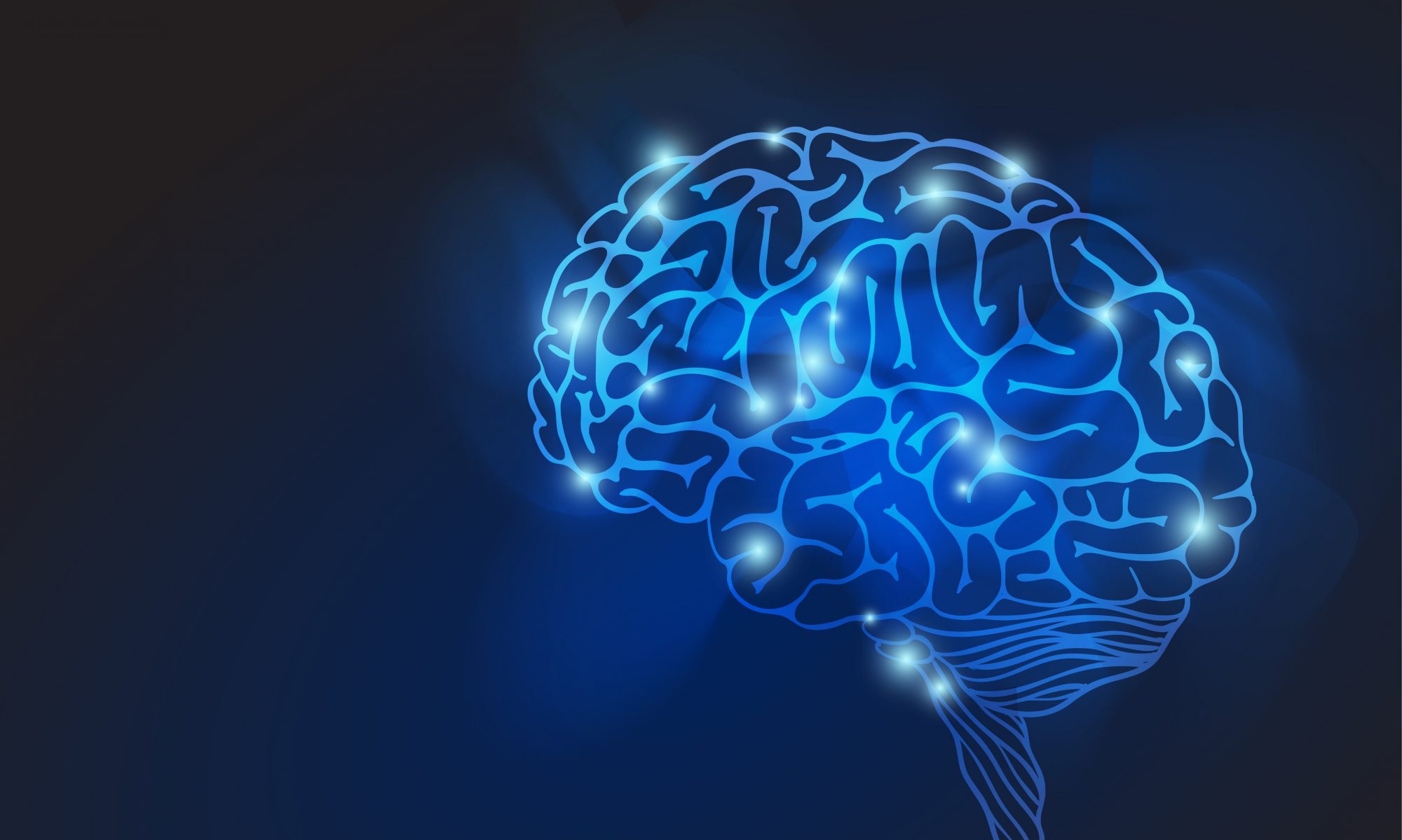Over the course of the semester, our trainees are reviewing webinars in their given fields and preparing abstracts to help colleagues outside their discipline make an informed choice about watching them. As our program bridges diverse disciplines, these abstracts are beneficial for our own group in helping one another gain key knowledge in each other’s fields. We are happy to share these here for anyone else who may find them helpful.
Causal Reasoning, Counterfactuals, and the Path to AGI | Lex Fridman Podcast #56
December 11, 2019
Lex Fridman (host), Judea Pearl (speaker)
Watch the Webinar (on YouTube)
 Analysis by Olawale Salaudeen:
Analysis by Olawale Salaudeen:
This webinar presents a discussion between Lex Fridman and Turing award winner Judea Pearl on the nuances of causal reasoning, counterfactuals, and the path to Artificial General Intelligence (AGI). At the core of science is uncovering truths about how the world works, and generally, understanding how the world works requires understanding interactions between the systems of the world — causality. Many hypotheses, however, are untestable in a direct fashion due to various challenges — whether it be a sheer impossibility or ethical limitations. How can one seek to uncover relationships under these constraints? This question is the focus of Judea Pearl’s work on causality. This discussion gives a high-level introduction to work that addresses how to answer questions such as i) I know there is a confounding variable, but I can’t measure it directly; ii) I don’t understand the system enough even to know which experiments I should design; iii) I have limited resources; what set of experiments should I run to gain the most information.
This webinar is beneficial because of its accessibility. Often, the conceptualization of a problem lends itself to a particular methodological approach. The speaker gives a broad overview of the questions this area of study can help address, and researchers can quickly connect their work and the abstract principles that the speaker explains. While there is not enough detail here to lead to any concrete contribution to the listener’s research, it provides enough background to decide if the body of work being described may be helpful and worth exploring in more detail.

